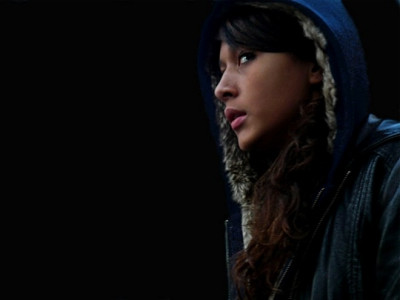In reverse order:
5. Â David Sloan Wilson, pissing off the angry atheists.
"I piss off atheists more than any other category, and I am an atheist." This sparked some lively action in the comments.
4. Lively or not, Wilson and Dawkins lost fourth place to snail jokes.
A turtle gets mugged by a gang of snails. 
3. A walking tour that lets you See exactly where Phineas Gage lost his mind
Â
2. "Push" science journalism, or how diversity matters more than size
We're constantly told -- we writers are, anyway -- that people won't read long stories. They're hard to sell to editors, probably because editors believe they're hard to sell to readers. I think I read once -- can't recall where, don't know if it's true, we're trusting my hippocampus here, which is a frail thing -- that a major online news magazine found that readership of its stories reliablty fell off as the stories went past the 1000-word mark.
That's probably true. Yet if a long story is written with care, plenty of people read it. The Times's most-popular-story lists consistently includes long features among their top three entries. (My depression story was there several days.) Clearly length does not always dissuade. Yet the idea that it does dissuade holds strongly enough that writers seldom get the opportunity to write long -- and thus to include the goods that will carry some readers through a science story.
1. Who you gonna believe, me -- or my lyin' fMRI?
As I noted in an earlier article on the overreach of forensic science, juries tend to be overly credulous about any evidence offered as forensic or scientific evidence. And other studies show that imaging studies generate an extra layer of overcredulousness. (On those, see Dave Munger and Jonah Lehrer.) So when an 'expert' shows a jury a bunch of brain images and says he's certain the images say a person is lying (or not), the jury will led this evidence far more weight than it deserves.
Â


"So when an 'expert' shows a jury a bunch of brain images and says he's certain the images say a person is lying (or not), the jury will led this evidence far more weight than it deserves."
This probably has a lot to do with the fear of asking a stupid question.